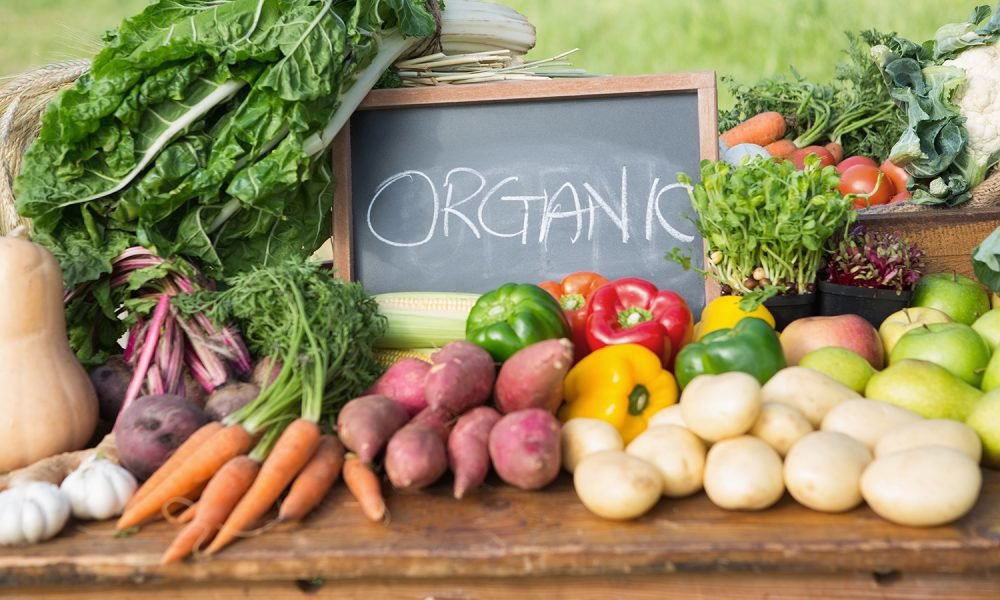
Are Organic Foods Really Worth The Costs?

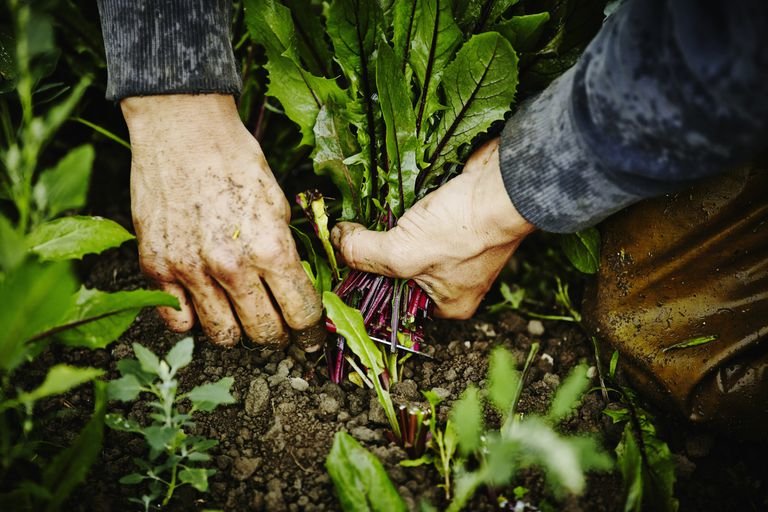
People Are Usually Not Aware About The Real Differences Between Organic Foods And The Conventional Varieties And Therefore Question The Costs.
There is an ongoing debate about whether organic foods are really worth the costs because quite a few people have begun to believe that the food products are not different and are just being marketed with a new technique. Many Americans hold the belief that the costs are just not worth the fancy organic label which has been attached.
Americans and people in general, are generally not aware of the actual differences which exist between organic and conventional food products. Individual perception will determine whether one has organic foods or prefers the variety they have been using for quite some time. However, there are also a number of reasons why organic foods are more expensive than other varieties. Here are the main reasons why organic foods are priced at a higher level and give people an indication of whether these foods are really worth the costs.
The Time Required To Manage Production of Organic Foods Is Higher
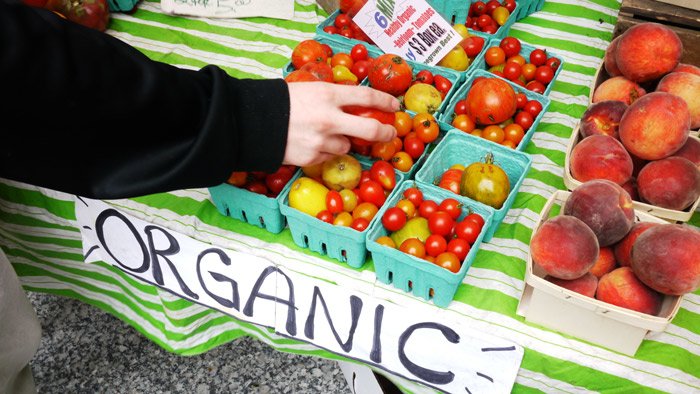
Producing Organic Food Stuff Takes More Time And Effort From the Farmer Resulting in Additional Costs.
The time taken by farmers when managing the production of organic foods is higher than the time required by other varieties. Farmers also value their time highly because it means money after all. It has been observed by the Organic Farming Research Foundation that the price tag attached to organic foods actually reflects the true cost of the production which includes substituting labor and intensive management when growing, storing, harvesting, transportation and the use of chemicals.
When managing the production of organic foods, farmers are refraining from using harmful pesticides and often looking for manual methods for controlling pests and other problems. The methods adopted by farmers cost a lot more and there is also the requirement of getting the education needed for organic farming combined with plenty of paperwork and inspections.
Organic foods derived from animals also have a higher cost than conventional products but the reasons attributed for the higher prices remain the same because farmers are required to adopt a hands-on care for their organic livestock.
Organic Foods Must Also Be Certified
Farmers do not have the freedom to market their produce as organic unless they have received organic certification from the governing bodies. The certification process is expensive and beyond the reach of many farmers and handlers. The initial certification costs are expensive and average around $700-$1200 for a single operation while other costs are also involved.
Farmers need to renew their certification, obtain education and have land suitable for organic farming along with livestock which has organic origins. Most importantly, they also need special equipment for the processing which in turn increases the costs.
The Facility Needed For The Production of Organic Foods Is Different
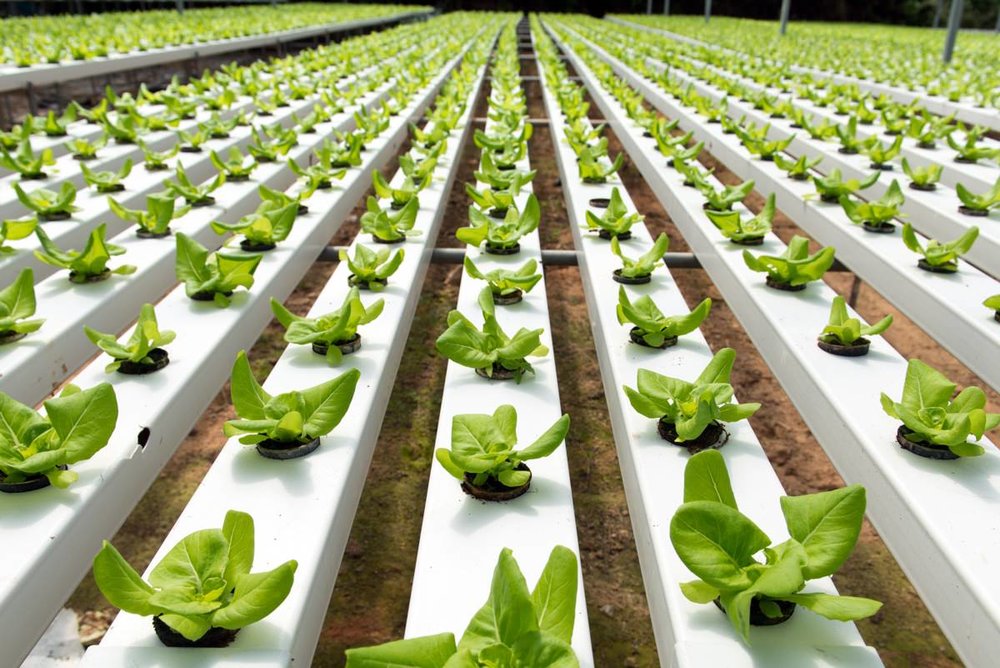
The Facilities Needed For Organic Farming Are Different From The Conventional Variety.
Special land and/or facilities must be arranged before farmers and processors can begin to produce and handle organic foods. The prices of conventional farmland are comparatively affordable than the land needed for organic foods. The governing authorities have issued a lengthy list of qualities which the land chosen must possess regardless of whether it is being used to produce organic crops or livestock of any kind.
Operations managing the production of organic foods are not large enough to warrant a full-fledged manufacturing facility by themselves. This usually means that the farmer is required to share space with a conventional processor and spend even more time and money to ensure that the products are not mixed or contaminated.
Organic Farmers Need to Invest in Education Before Producing Organic Foods
Extra time and money need to be spent by farmers to achieve the organic skills by obtaining education on an ongoing basis. Quite a few organic farmers and business owners of organic products are investing their resources to achieve degrees in a particular field. Moreover, the knowledge for organic landscape is changing consistently along with the policies and remaining updated is becoming important for farmers even though it is quite expensive.
Apart from educating themselves, organic farmers and business owners must also devote time to ensure their employees also follow the organic protocol which has been determined. The production of organic foods and the practices for handling require different skill sets and therefore employees are required to use organic practices to ensure their operation remains certified by the governing bodies.
From the details mentioned above, it is quite clear why organic foods are more expensive than the rest. These products are putting additional pressure on organic farmers along with the entire chain of people involved in the production, handling and the sale of organic foods. People have the freedom to decide whether they want to have organic foods or continue using conventional foodstuff which may be contaminated by chemicals and pesticides. It is purely for this reason that individual perception has a big role in determining whether organic foods are really worth the costs which are being demanded.
More in Health & Fitness
-
`
How Long Does a Non Surgical Nose Job Last?
The allure of a sculpted nose without the downtime of traditional surgery has captivated many. Non-surgical rhinoplasty, often dubbed a “liquid...
August 11, 2024 -
`
How to Plan a Trip to Italy and Greece
Italy and Greece stand out as two of Europe’s premier travel destinations, each offering a unique blend of historical grandeur, stunning...
July 31, 2024 -
`
Are Makeup Wipes Bad for Your Skin?
In the quest for quick and convenient skincare, makeup wipes often seem like a miracle solution. However, if you’re wondering, Are...
July 26, 2024 -
`
How to Do Ab Workouts During Pregnancy?
Maintaining core strength is vital, but can you do ab workouts while pregnant? This question is common among expectant mothers eager...
July 19, 2024 -
`
5 Seamless Ways to Minimize BBL Scars
Undergoing a Brazilian Butt Lift (BBL) is an exciting decision for enhancing your body contour. However, BBL scars can be a...
July 12, 2024 -
`
Best Places for Birthday Party Fun for All Ages
Celebrating your birthday at an exciting venue can add that extra spark to your special day, whether you’re with family, friends,...
July 2, 2024 -
`
Skincare for Sensitive Skin: Top 6 Products to Try
Taking care of sensitive skin can be a challenge. With so many products on the market, finding the right ones that...
June 28, 2024 -
`
How to Build Muscles & Gain Mass After 50
Are you wondering how to build muscle mass after 50? You are not alone. Many people think that hitting the big...
June 20, 2024 -
`
How to Speed Up Your Nose Job Recovery Time
Undergoing a rhinoplasty is an exciting step towards a new appearance, but it comes with a recovery period that requires patience...
June 15, 2024
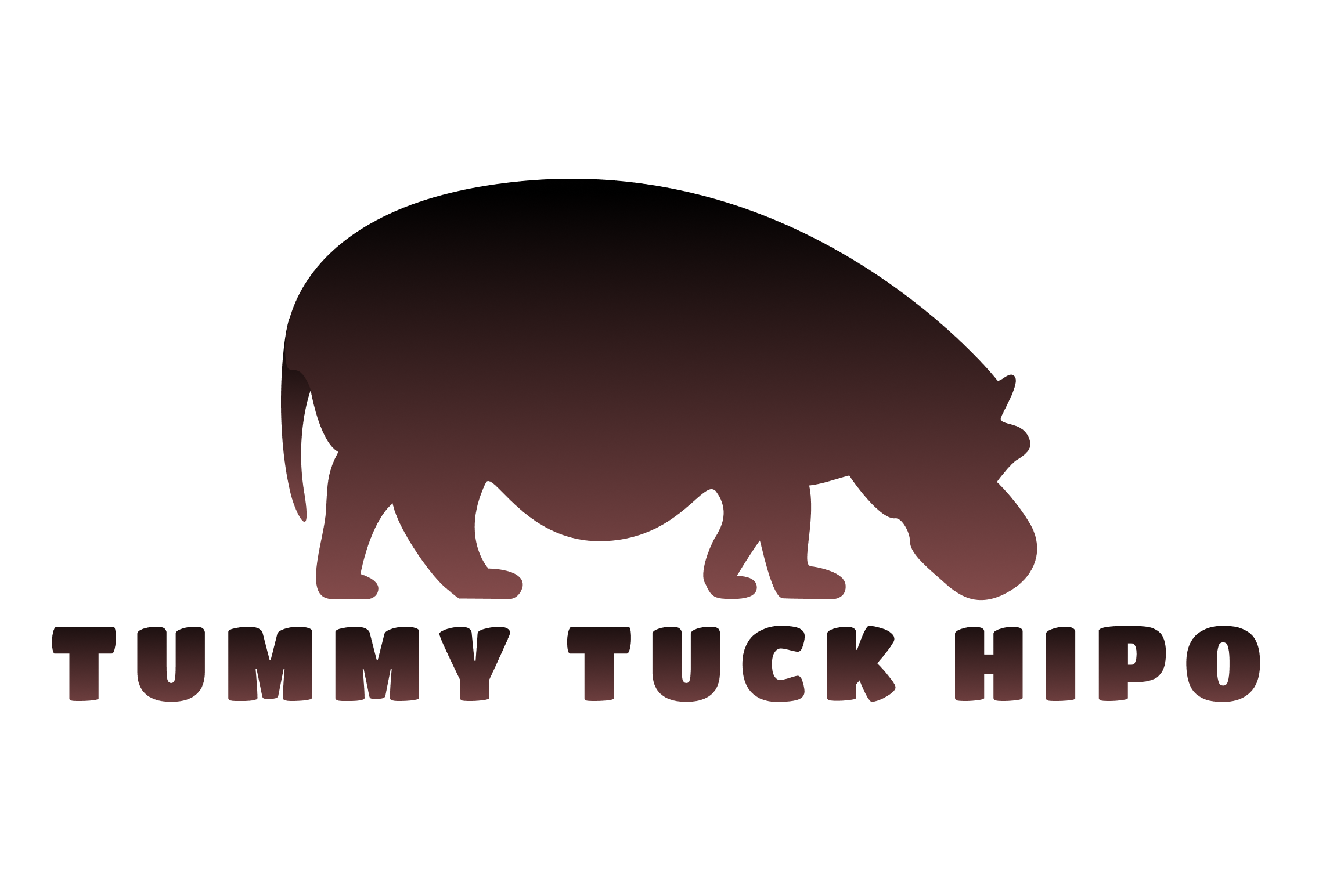














You must be logged in to post a comment Login